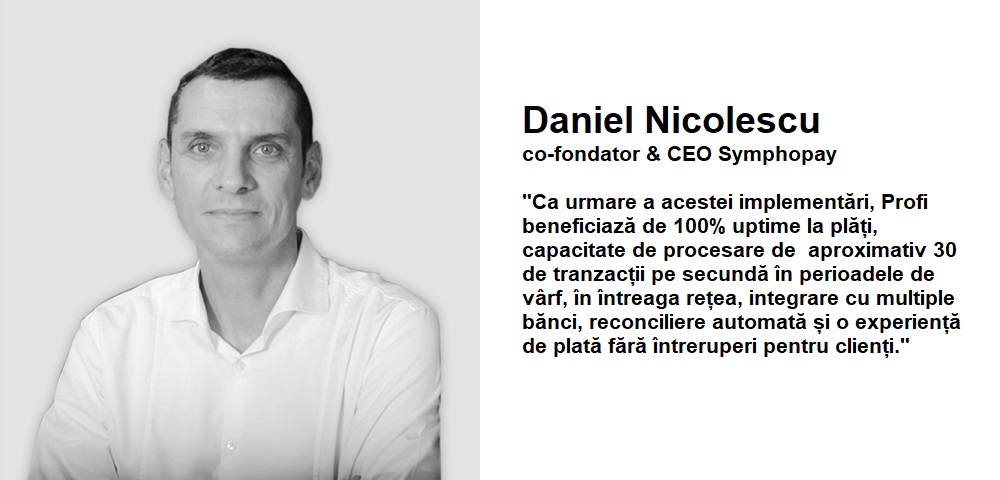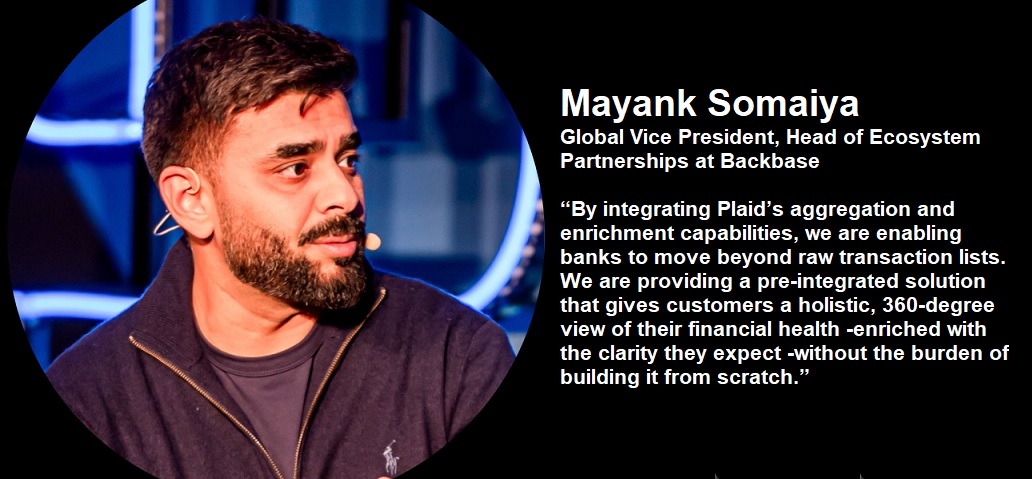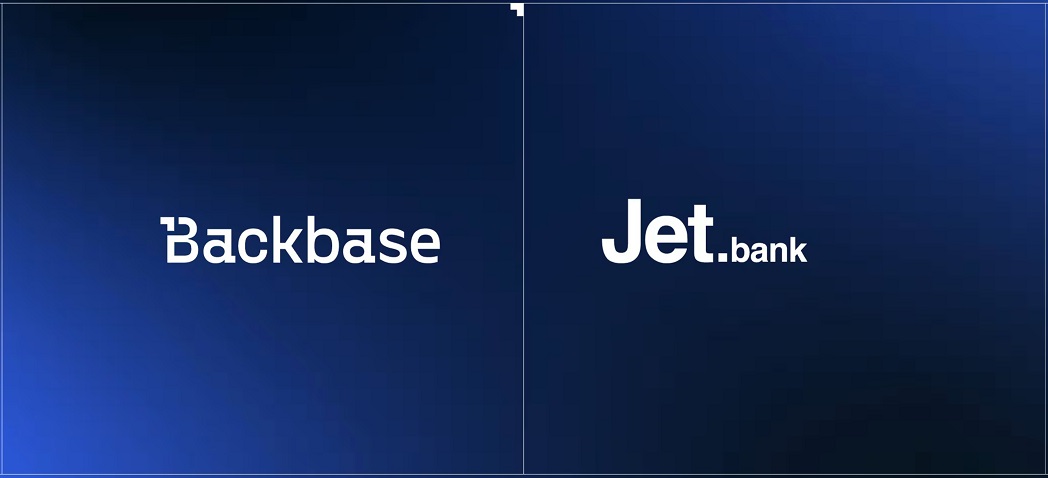Meta earns a fortune from fraudulent ad sales

Meta estimated that ten percent of its 2024 revenue could come from ads and scammed goods, document seen by Reuters show. The internal documents indicate that the social media platform serves up to 15 billion scam ads a day, earning the firm $16 billion in sales.
Meta internally projected late last year that it would earn about 10% of its overall annual revenue – or $16 billion – from running advertising for scams and banned goods, internal company documents show.
A cache of previously unreported documents reviewed by Reuters also shows that the social-media giant for at least three years failed to identify and stop an avalanche of ads that exposed Facebook, Instagram and WhatsApp’s billions of users to fraudulent e-commerce and investment schemes, illegal online casinos, and the sale of banned medical products.
On average, one December 2024 document notes, the company shows its platforms’ users an estimated 15 billion “higher risk” scam advertisements – those that show clear signs of being fraudulent – every day. Meta earns about $7 billion in annualized revenue from this category of scam ads each year, another late 2024 document states.
Much of the fraud came from marketers acting suspiciously enough to be flagged by Meta’s internal warning systems. But the company only bans advertisers if its automated systems predict the marketers are at least 95% certain to be committing fraud, the documents show. If the company is less certain – but still believes the advertiser is a likely scammer – Meta charges higher ad rates as a penalty, according to the documents. The idea is to dissuade suspect advertisers from placing ads.
The documents further note that users who click on scam ads are likely to see more of them because of Meta’s ad-personalization system, which tries to deliver ads based on a user’s interests.
Riccardo Tordera-Ricchi, director of policy and government relations at The Payments Association, says: “Up until to now, policy and lawmakers have assumed fraud would have decreased by forcing payment firms to increase the guard or reimburse victims. The latest data shows that, despite efforts, fraud is on the rise. To tackle fraud appropriately, we need to act at the source. Tougher action is needed.
“Social media companies claim they cannot prevent their users from falling for scams; however, they are seemingly turning a blind eye to it, whilst pocketing the $16 billion they are making from scam ads. This is unacceptable. The National Fraud Strategy must act decisively and put an end to this.”
Dariusz Mazurkiewicz – CEO at BLIK Polish Payment Standard
Banking 4.0 – „how was the experience for you”
„To be honest I think that Sinaia, your conference, is much better then Davos.”
Many more interesting quotes in the video below:










